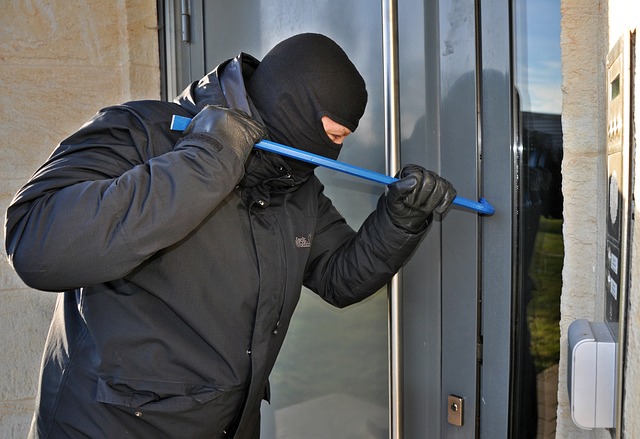Burglary, by definition of New Jersey state law, is the crime of illegally entering a property with the intention to commit another crime. Receiving a burglary conviction can be daunting when you consider the impact a felony charge can have. The three instances in which you could be convicted of burglary in New Jersey are entering, remaining, and trespassing on utility property.
To be charged with burglary by entering, you must enter a building or structure without permission, during a time when it is not open to the public, and with the intent of committing a felony. With remaining, you must covertly remain in a building or structure knowing that you are not legally allowed to. The last way is by entering a private utility company property without permission, where there is a display prohibiting trespassers including signs and fencing.
People tend to associate robbery and burglary together, however they are two distinct crimes. Robbery is theft using force such as threats or physical harm. Burglary is the entrance of property illegally with the intent to steal or commit a felony, regardless of whether the felony is actually committed. If you are in need of representation for your burglary charge, a Mercer County theft lawyer can assist with your case.
Is Burglary a Felony in New Jersey?
In New Jersey, burglary can be considered a second or third-degree offense. However, either way, it will be charged as a felony. Third-degree burglary charges will tend to be more lenient than second-degree, especially if you are a first-time offender. The severity of your punishment will vary depending on the circumstances of your case. If a person also attempted, threatened, or inflicted injury on anyone or if the person was armed with a deadly weapon, their charges will be harsher.
What Are the Penalties for Third-Degree Burglary in NJ?
A third-degree burglary conviction will result in:
- Jail time ranging from 3 to 5 years
- Fines of $15,000
Something important to note is that a first-time offense of a third-degree charge in New Jersey has a presumption of non-incarceration. This means that even if you are convicted it is presumed that you will not be sentenced to jail. A presumption of non-incarceration is a caveat that New Jersey legislation has imposed in an effort to reduce state prison populations and only applies to less severe crimes. It is possible to still be incarcerated based on the circumstances of your case. However, with a presumption of non-incarceration, you can anticipate probation as opposed to prison.
What Are the Penalties for Second-Degree Burglary in NJ?
A second-degree burglary conviction will result in:
- Up to 10 years of jail time
- Fines of $150,000
What Are My Defense Options?
Hiring a knowledgeable attorney should always be your first step. The prosecution is burdened with proving you trespassed with the intent of committing theft or some other felony. A lawyer may be able to argue an array of defenses that could result in having your charges dismissed or lessening your penalties including:
- You had no intention of committing a crime once inside the property
- You had permission to be on the property
- You have been mistakenly identified as the culprit




